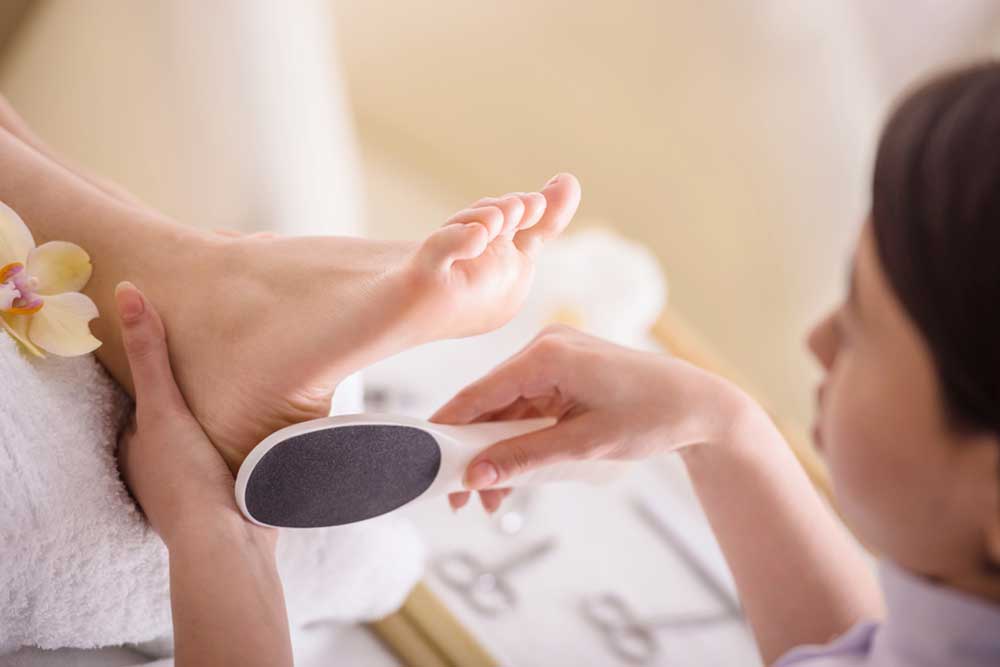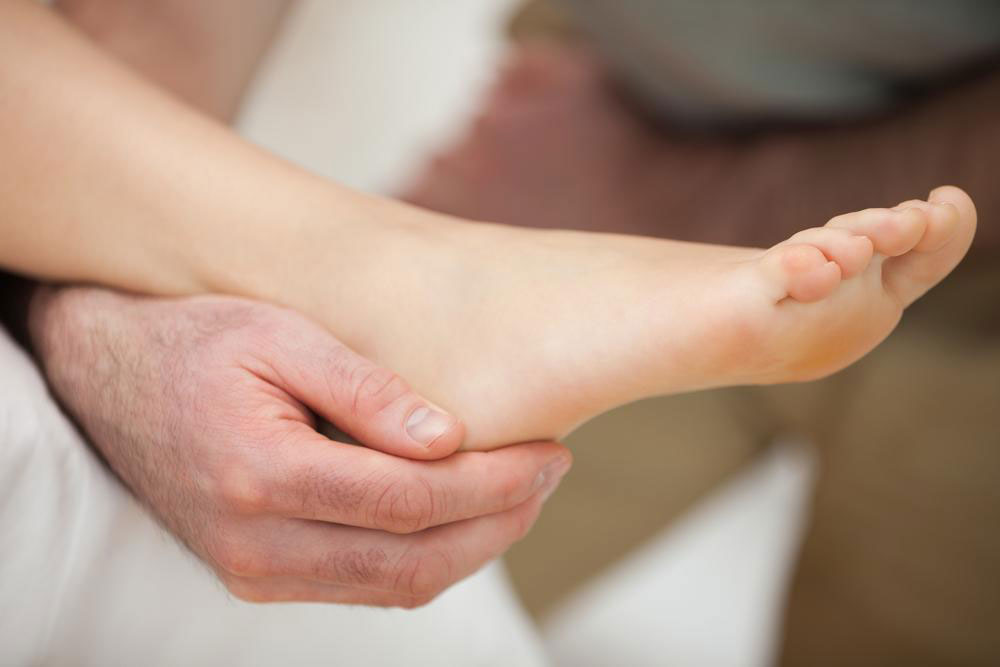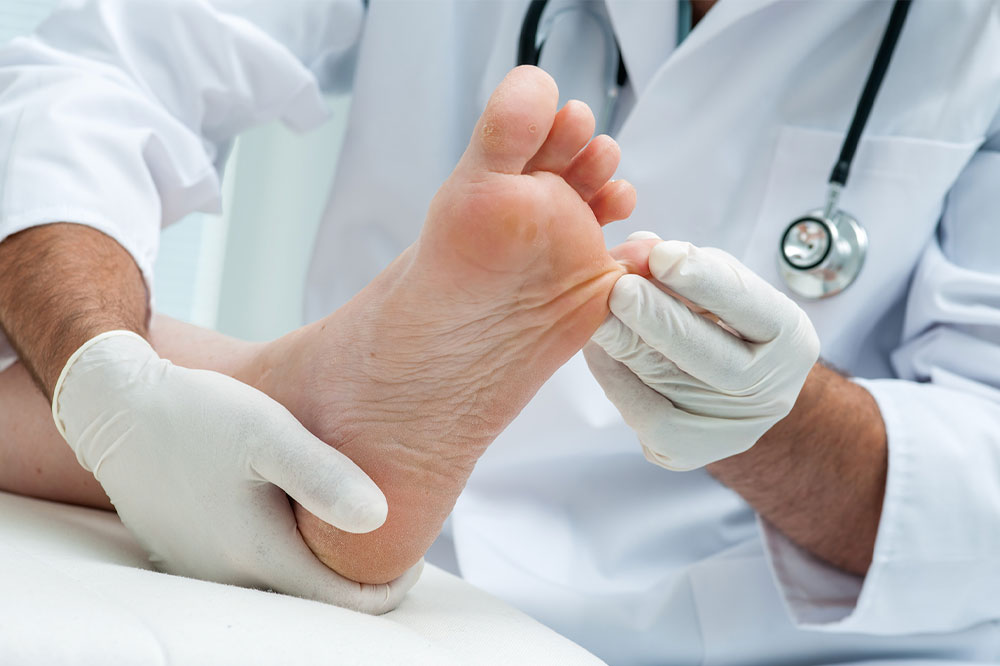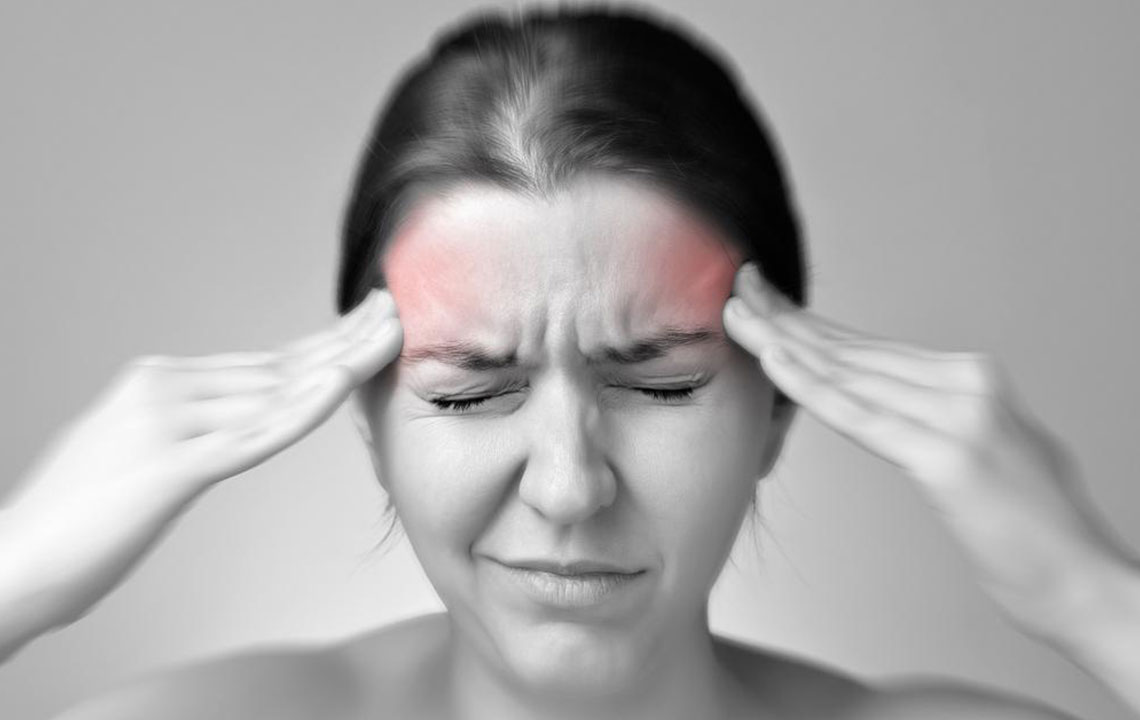Understanding Foot Tingling: Causes, Diagnosis, and Treatment
Foot tingling is a common symptom that can range from harmless to an indication of serious health issues. Understanding its causes, diagnosis process, and treatment options is vital for maintaining nerve health. Persistent tingling requires prompt medical attention to prevent long-term damage. Lifestyle modifications, medical interventions, and early diagnosis can effectively manage the symptom. Recognizing the signs and seeking timely care helps in addressing underlying conditions like nerve damage or systemic diseases, ensuring overall well-being.

Understanding Foot Tingling: Causes, Diagnosis, and Treatment
Do you frequently wake up with a prickling feeling in your feet?
A tingling sensation often indicates sensory malfunction in a specific region. Ignoring this sign can be risky, as it may suggest nerve issues.
Causes Behind Tingling Feet
Sometimes, tingling is temporary and harmless, caused by pressure on nerves or poor posture. Usually painless, it subsides once pressure is relieved. However, persistent tingling, especially if accompanied by pain, burning, or numbness, can signal serious health concerns.
Prolonged sensations may indicate underlying health issues such as nerve damage or systemic conditions like diabetes, heart disease, kidney problems, hormonal imbalances, or autoimmune disorders. Infections, nerve compression from herniated discs, dislocated bones, or vitamin deficiencies could also cause these symptoms.
How to Diagnose
If tingling persists in your feet or hands, prompt medical consultation is essential. Early diagnosis can prevent permanent nerve damage. Doctors perform physical exams and order blood tests, along with tests like:
Electromyogram (EMG) to assess muscle electrical activity
Nerve conduction studies
CT scans
MRI scans
Available Treatment Options
Treatment depends on the root cause. If nerves remain intact, symptoms often resolve as nerve cells regenerate. Managing blood sugar levels is crucial in diabetic cases, while vitamin supplements may help deficiencies. Adopting a healthy lifestyle, balanced diet, quitting smoking and alcohol, alongside regular exercise, can reduce the risk of tingling sensations.










